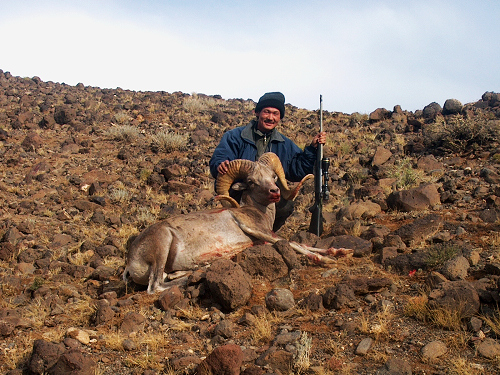
We human beings have not been good friends to animals. Human beings have a long history of working together to hunt large prey. We hunt them for their meat, feather, fur, or just for fun or simply just because we think animals are dangerous. As evidence, see the extinction rates of large animals arise after people first arrive in a new place. New Zealand moa (a large bird) extinction followed the prehistoric(史前的) human settlement of islands across the globe. Many kinds of animals have disappeared forever. Hundreds more are on the endangered list today.
Now scientists have a clearer view of our predatory(捕食性的) role, across a number of terrestrial and marine ecosystems. And the picture is not a pretty one—we human beings have some terrible bad hunting habits.
Researchers surveyed 2,125 species of predators on land and in the water, which includes foxes, tigers, snakes, sea lions, sea gulls, white sharks, etc. And they compared the behavior of nonhuman predators to humans in those ecosystems.
Perhaps not surprisingly, humans prey on important large carnivores at a dramatically higher rate than other predators do. The biggest difference, however, comes in which members of the population we choose.
Typical predators might kill the young or the weak. Humans, both on land and particularly in the water, prefer a disproportionate number of mature healthy adults of reproductive age(育龄期). This practice has dramatic consequences. Removing reproductive adults, especially for species that mature slowly, can do long-term damage to the entire population. The authors thus call humans “planet’s super-predators”. Their report is in the journal Science. According to the report, acting as super-predators, humans are forcing changes to body size and reproductive abilities in some species 300 percent faster than would occur naturally, a new study finds.
The researchers write that options to encourage more sustainable use could include reducing the take—but also intimate other predators and leaving full-grown adults alone to continue repopulating their habitats.
本时文内容由奇速英语国际教育研究院原创编写,禁止复制和任何商业用途,版权所有,侵权必究!
1.What always happens when humans move to a new place?
A Large animals die out rapidly.
B Small animals die out slowly.
C Both animals and plants disappear at last.
D People will raise animals at home.
解析:选A。A 细节理解题。根据文章第一段内容可知,当人类到达一个新的居住地点,那里大型动物的灭亡的速度快会变快。故选A。
2.How many kinds of predators living on land were surveyed?
A 2125.
B Less than 2000.
C 2126.
D None of the above.
解析:选D。D 细节理解题。根据文章第三段可知,研究者们调查了陆生和水生的2125种捕食者的行为,将它们和人类进行比较。而题干问的是被调查的陆生捕食者的种类,文章并没有提及。故选D。
3.Which of the following is the bad habit of human hunting?
A Humans kill the young and the weak.
B Humans kill a number of animals regularly.
C Humans hunt adult animals of reproductive age.
D Humans are likely to keep small animals as pets.
解析:选C。C 综合理解题。根据文章第五段可知,人类捕食陋习是,喜好捕捉育龄期的成年个体,尤其是成熟缓慢的个体,这种行为对其整个物种会产生长期的危害。故选C。
4.Which of the following suggestions is advisable?
A Humans stop hunting immediately and eat no meat or fish.
B Human hunters can remove reproductive adult and young animals.
C Humans reduce the hunting and leave full-grown adults alone.
D Humans prey on small animals rather than the large ones.
解析:选C。C 推理判断题。根据文章最后一段reducing the take—but also intimate other predators and leaving full-grown adults alone to continue repopulating their habitats.可知,建议包括减少索取,留下生长完全的成年个体去继续保持它们种群数量的再生。故选C。